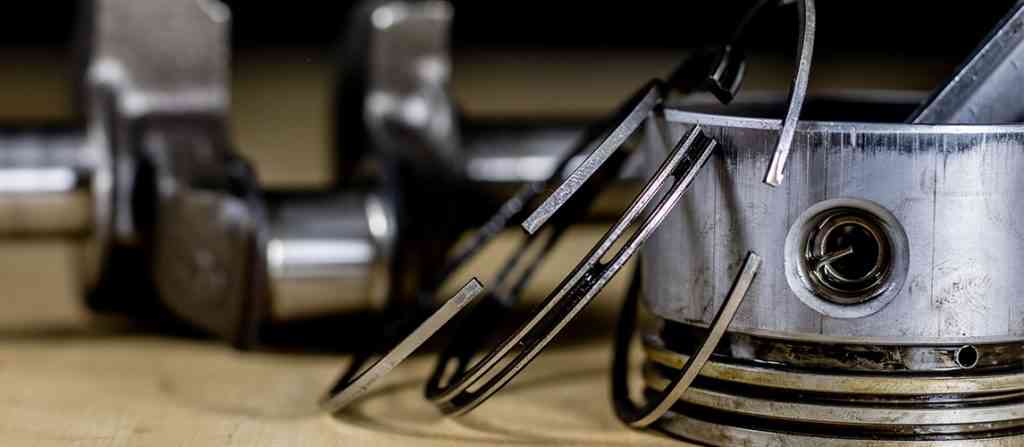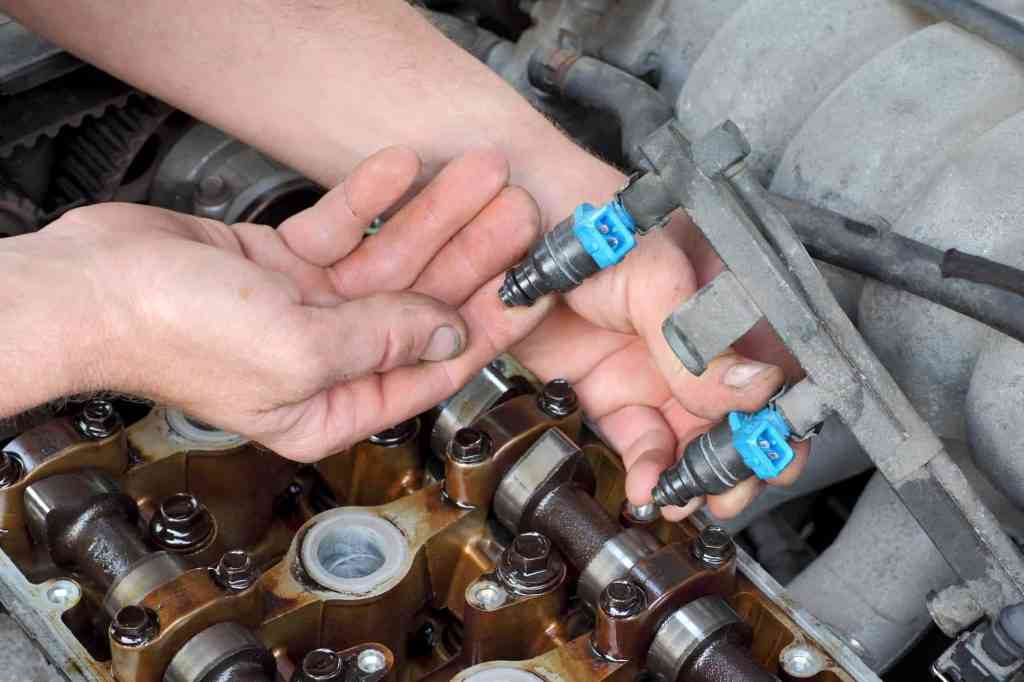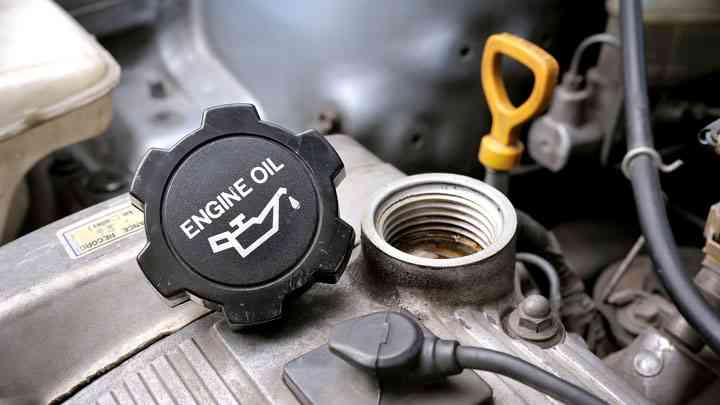Among the fluids a vehicle has, gas and oil are the most important ones. These two fluids don’t mix with one another and when they do, it is never in large quantities. It is not a good sign if the oil smells like gas because it means that a great amount of gas is mixed into the oil.
Smelling gas when changing the engine oil is pretty common for gas engines. But it could be a serious problem when the smell of gas is quite strong. You should know how bad the problem is and why this happens to avoid a bigger problem.
Contents
Why Does My Oil Smell Like Gas?
These are a few other common reasons why the oil smells like gas:

Too rich fuel mixture
A too-rich fuel mixture is the most common reason for the gas to get into the engine oil. It happens when the air ratio in the fuel is less than the required amount. The ideal ratio of gas and air should be 15:1 for the fuel to burn properly.
A problem with various sensor types can also cause the fuel mixture to become too rich. Damaged or broken coolant temperature sensors, MAP sensors, intake air temperature sensors, mass airflow sensors, and O2 sensors can be the troublemakers.
A rich fuel mixture means that the combustion chamber cannot ignite all the fuel inside it. So, a certain amount of gas will end up in the oil pan through the piston rings.
Frequent short-distance driving
A small amount of gas will always end up in the oil pan. It is supposed to vapor out from the engine oil when the oil temperature is high, and it becomes high when you drive the vehicle for a long distance.
For a short distance driving, the engine oil does not get hot enough to smoke out the mixed gasoline. The result is an oil pan filled with gasoline. If you drive for shorter distances a lot, you should change the engine oil and filter sooner than the manufacturer’s recommended schedule.
Bad piston rings
Any damage in the piston rings will leak a substantial amount of fuel into the oil pan, making oil smells like gas. You can do a leak-down test or a compression test to detect if there is any problem with the rings. The rings don’t get damaged so easily, but when they do, the repair is difficult. The mechanic needs to separate every part of the engine to replace the piston rings.
A faulty fuel injector
Newer cars have fuel injectors that supply the engine with the required amount of fuel. A solenoid is on the command of the injectors and the whole system is regulated by the car’s computer, which precisely calculates and allows the right amount of gas into the cylinders.

Extra fuel can leak into the oil if the solenoid gets broken or defective. If it sticks to an open position, gas will leak inside and get blended with the oil. When it happens in an excessive amount, a quantity of gas will flow into the oil pan and produce a gas-like smell.
A bad carburetor
Older cars have carburetors instead of fuel injectors. The oil smells like gas when any of its parts is damaged or there is an issue with the system’s setting. A diaphragm handles the whole process of the fuel mechanism. The system is controlled by the gas pedal.
The system can get damaged or broken as it is a mechanical component. For example, the butterfly valve that regulates the airflow can get jammed, which causes fuel to get blended with oil. The excessive fuel goes down into the oil pan and creates a distinct smell.
How bad is it to have gas in your oil?
The engine has several cylinders and pistons. The latter seals the combustion chamber from the crankcase with the help of piston rings. But a small amount of fuel leaks into the engine oil through that seal, which is completely normal.
A great amount of fuel can flow down into the oil pan when the piston rings are worn or the cylinder chamber does not ignite correctly. It can also happen when the carburetor passes an interrupted fuel supply without the gas pedal being depressed or when the fuel injector is stuck in an open position.
So it’s not good when the gasoline mixes into the engine oil because it can cause a number of issues and potentially damage your car engine.
Gasoline is a volatile fuel that is designed to burn quickly and efficiently in the engine’s combustion chamber. However, if gasoline leaks into the engine’s oil system, it can cause a number of issues. Here are a few reasons why gas in the oil of your car is bad:
- Reduced lubrication: Gasoline dilutes the oil in the engine, making it less effective at lubricating the moving parts. This can cause increased wear and tear on the engine, leading to premature failure.
- Increased engine deposits: Gasoline can also cause deposits to form in the engine, which can clog oil passages and reduce oil flow. This can further reduce the effectiveness of the oil and increase wear on the engine.
- Corrosion: Gasoline is corrosive to certain engine components, such as bearings and seals. Over time, exposure to gasoline can cause these components to degrade and fail.
- Reduced engine performance: If enough gasoline gets into the oil, it can affect the engine’s performance and cause it to run poorly.
If you suspect that gasoline has mixed with the oil in your car’s engine, it is important to have it checked by a qualified mechanic as soon as possible. They can diagnose the problem and recommend the appropriate repairs to prevent further damage to the engine.



